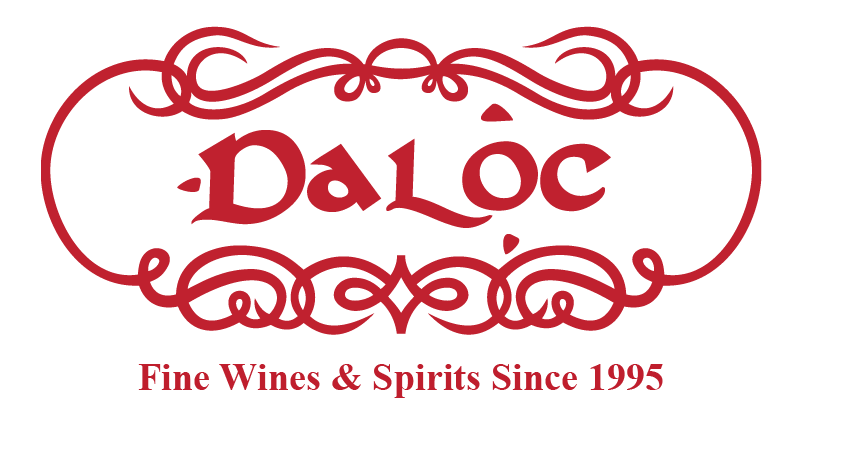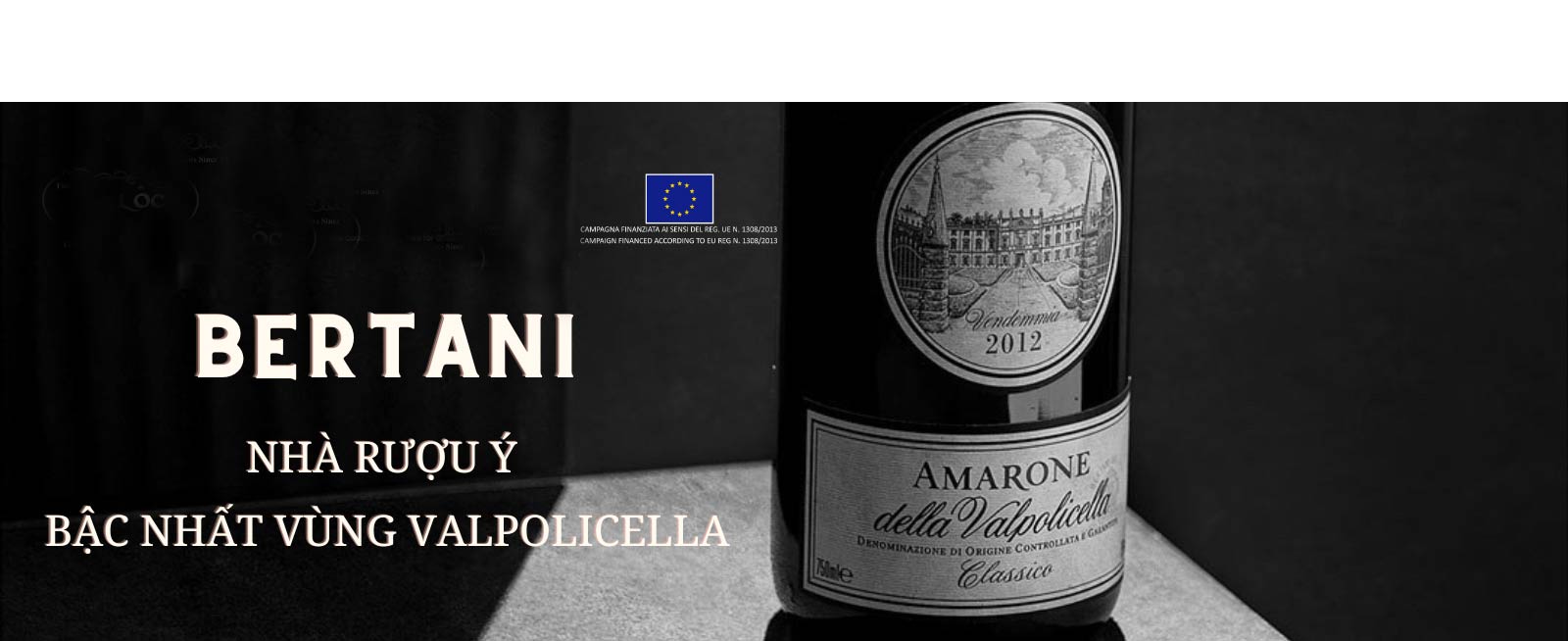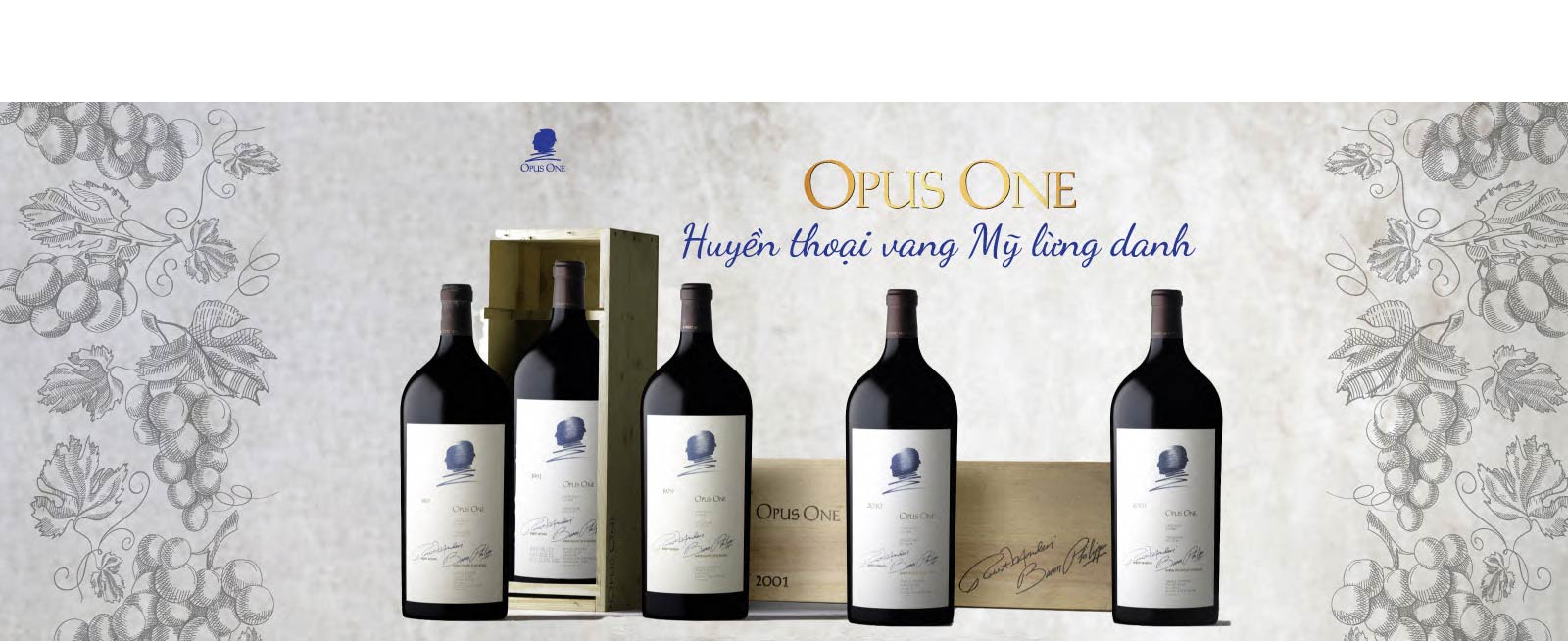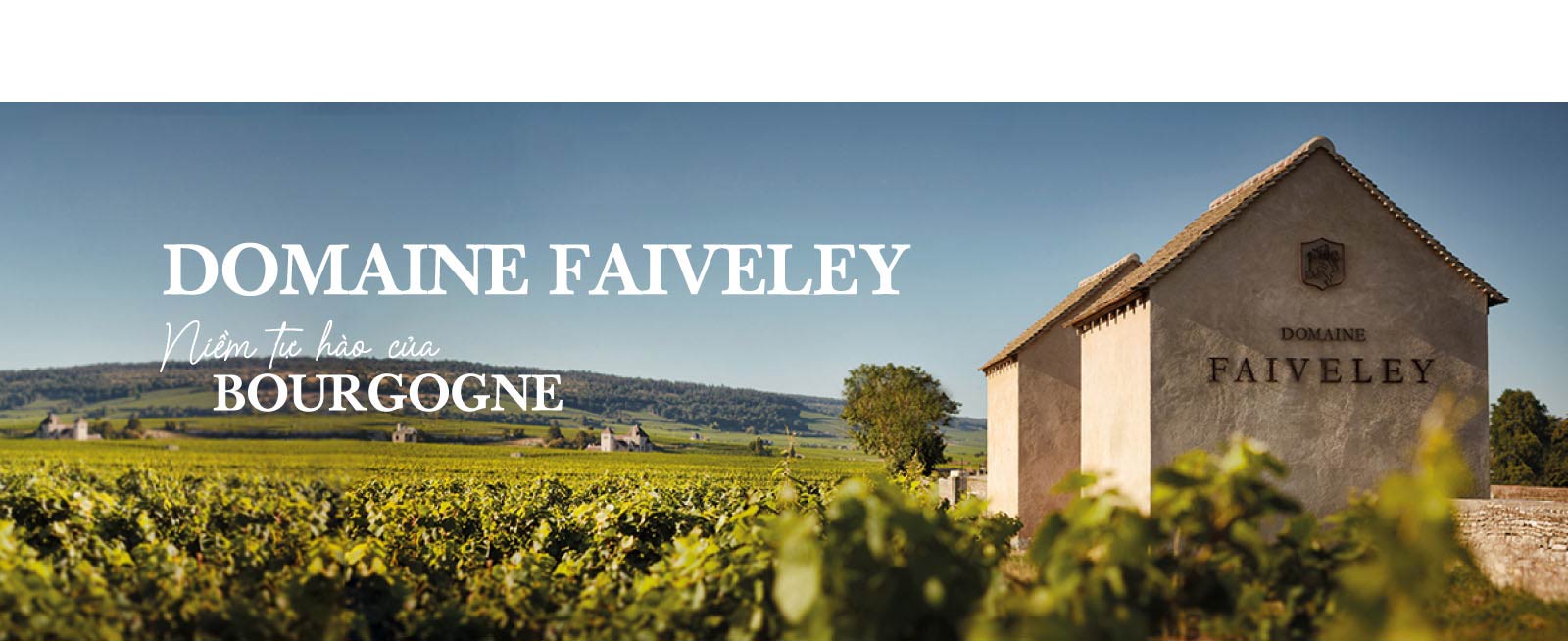Login
Accidental Vino
Growing up in northeastern Italy, Mariano Buglioni never dreamed of becoming a winemaker. As a young man, he worked in his father’s garment business, which produced sportswear for the family’s 50 boutiques in Italy.
Then, in 1993, his father bought the old farmhouse of his dreams, in the heart of Valpolicella Classico. With the property came a 10-acre vineyard planted to the local red varieties Corvina, Corvinone, Molinara and Rondinella, which are used to make fruity Valpolicella as well as denser Amarone, from raisined grapes.
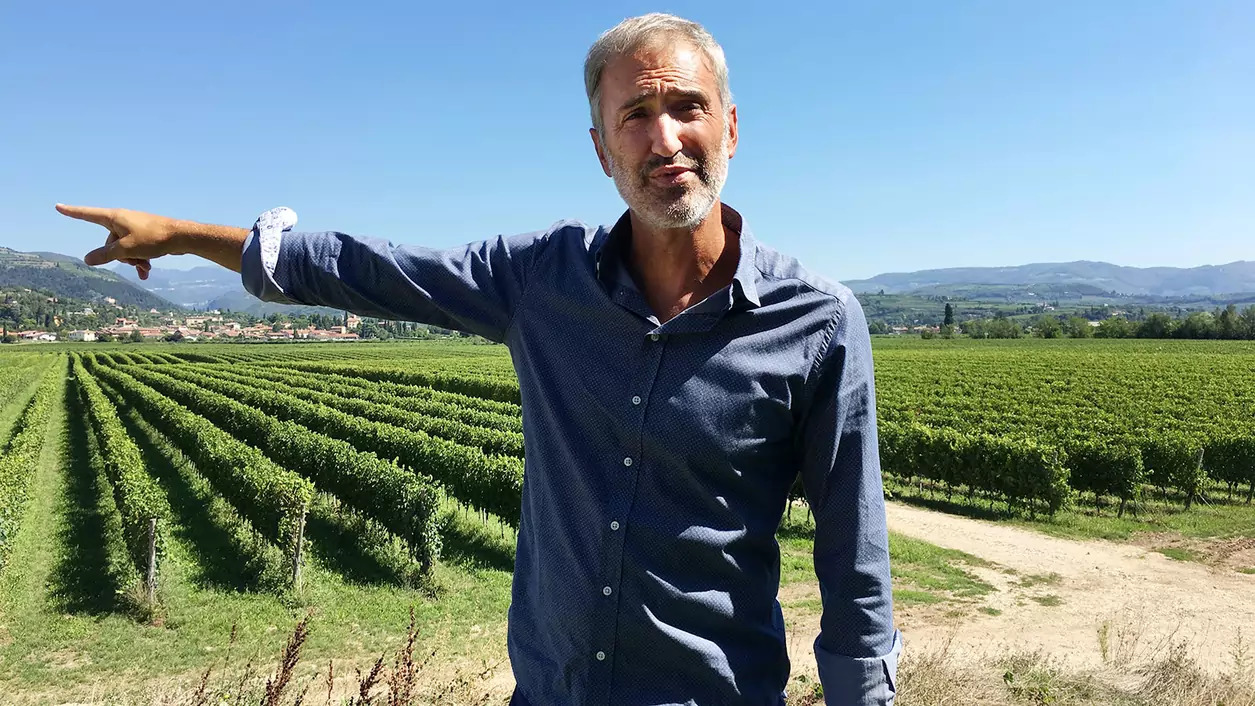
Buglioni, 22 at the time, and his father, Alfredo, had no idea what to do with that year’s grape crop. Before the Amarone boom of the past 15 years, the area’s grapes were plentiful and cheap—less than $300 a ton.
So the Buglionis approached big-name producers—including Tommasi, Allegrini, Masi and Speri—and offered their harvest.
Buglioni, now 45, trim and elegant with a short salt-and-pepper beard, recalls: “They all said, ‘We don’t need more grapes,’ and we said, ‘But we don’t want money. It’s for free.’”
“They said, ‘OK, we’ll take them, but you have to bring them to us.’”
The Buglionis decided to harvest with the help of garment-company employees. Trouble was, they had no idea how to harvest: “We went back to the wineries and said, ‘How do we cut the grapes? What kind of scissors do we use?’”
For seven years, hiring local farmers to tend the vines and company employees to harvest, they continued to donate their grapes.
Then with the 2000 vintage, Mariano, who was recently married, and his father undertook their first serious effort at winemaking. They contracted with consulting winemaker Celestino Gaspari, who had worked for his legendary father-in-law Giuseppe Quintarelli, to set up their cellars below their farmhouse and to produce the first vintage of 1,000 cases. Starting with the 2001 vintage, they recruited an enology-school graduate to take over winemaking.
By 2004, the Buglionis’ first Amarone was ready for release, along with a range of other wines, and Mariano went to sell it.
“I knocked on doors of wine agents, and every one had the same response: ‘This is a just a hobby for you. Why should we concern ourselves with a winery that may not be around in three years?’”
As an outsider, Buglioni knew he had to do something different to get his wines to the public. So in January 2005, he converted a family boutique at a prime location in downtown Verona into a wine bar.
Osteria del Bugiardo—with its furniture made from wine barrels and wines by the glass served with salumi, cheeses and fresh-made pastas—quickly became a hit with wine-loving locals and visitors.
Bugiardo means “liar,” a name inspired by a local sommelier who tasted Buglioni’s first wines. When the sommelier tried the ripasso wine—made from Valpolicella macerated with Amarone pomace—he mistook it for Amarone. The sommelier joked that, if not Amarone, it was a “lying wine.” The remark stuck: Both the wine and the wine bar took the name.
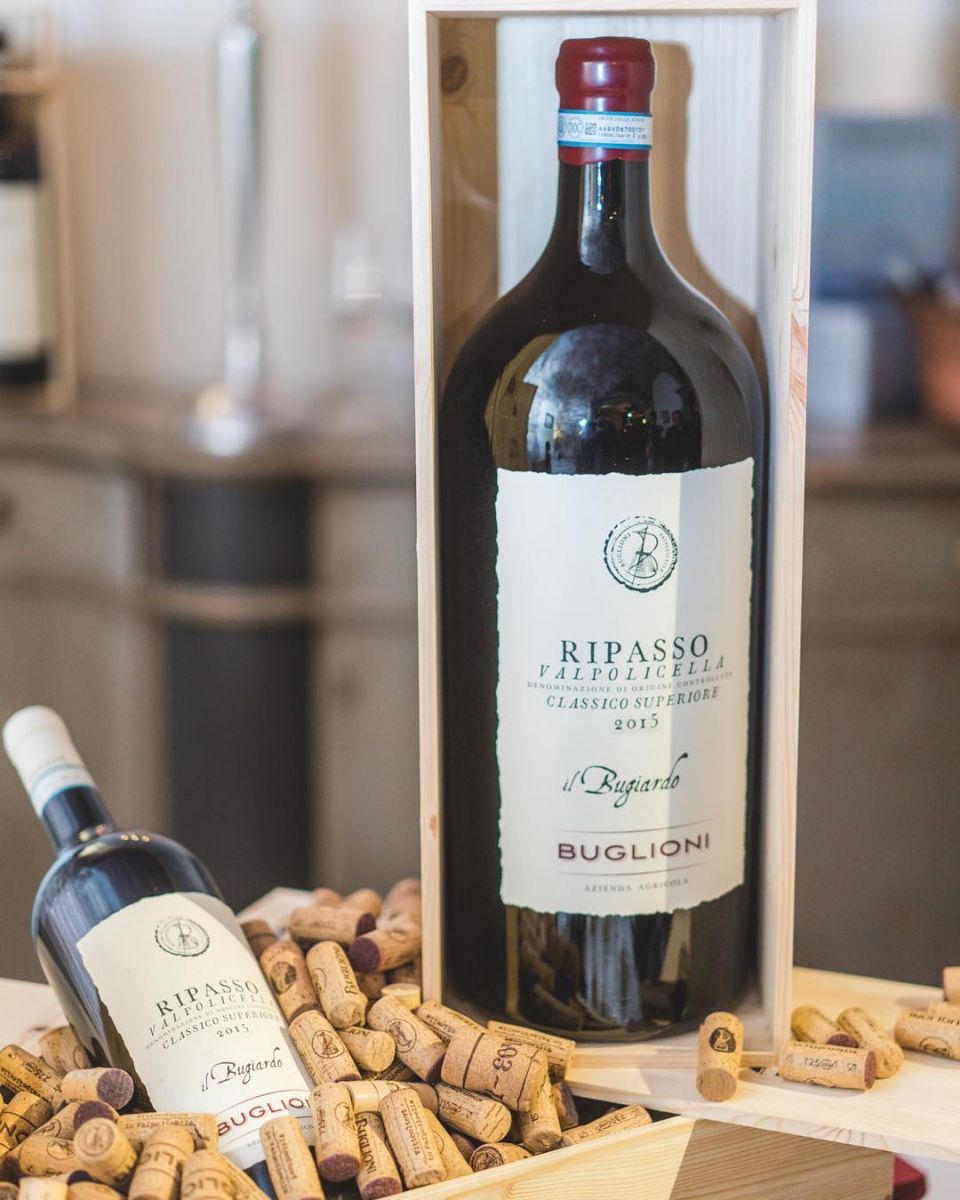
Within months, the same agents that had rejected Buglioni came to the wine bar to do business. “They said, ‘OK, now you are serious.’”
In the 11 years since, the Buglionis have become a wine success story and have left the clothing trade. They’ve increased their vineyard holdings to nearly 120 acres in Valpolicella Classico, have begun farming organically and are building a new winery.
Though about half the production is sold in bulk to “famous wineries,” Buglioni now bottles nearly 21,000 cases a year under its own label, sold in Europe, the United States and Asia. More than 5,000 cases of that are drained at three areas outposts of Osteria del Bugiardo and its more upscale sister restaurant, Locanda del Bugiardo, in the vineyard area of San Pietro in Cariano.
Buglioni makes a line of nine wines—including an IGT white from Garganega and rosé and white sparklers—plus a grappa. But reds are the stars: In the 2007 to 2011 vintages, Buglioni released six wines scoring 90-plus points in Wine Spectator tastings: three Amarones, two sweet Reciotos, and a ripasso.
Looking back over 23 years, Buglioni says being a wine producer and restaurateur suits him better than the ephemeral fashion world.
“In fashion, every single week something changes—the color, the style. Even if you’re fast, you are not fast enough,” he says. “Wine is more of a passion for me. You have to follow nature, and you can touch everything.”
Source: Wine Spectator
Comment
News View all
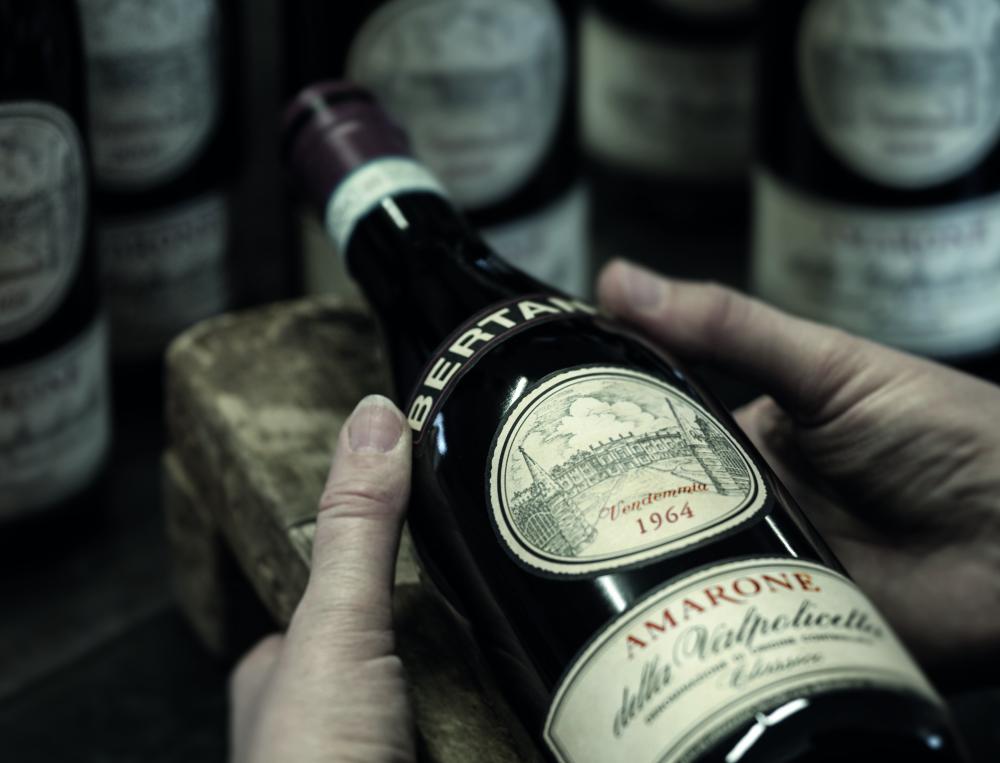
10 secrets behind the quintessence of Italian wines - Amarone
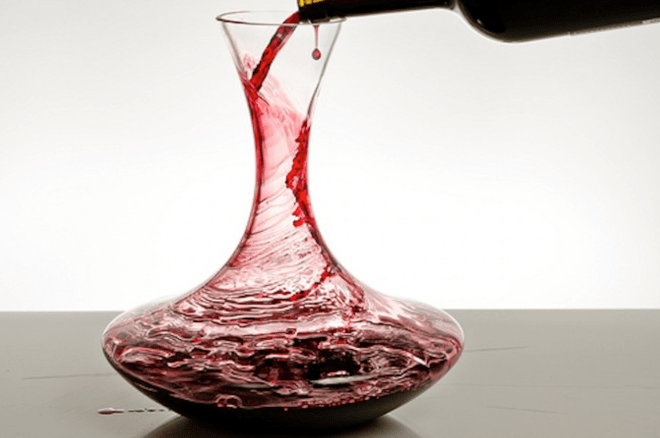
Decanting

Vina Carmen - Nhà rượu tiên phong của Chile và giá trị vượt thời gian
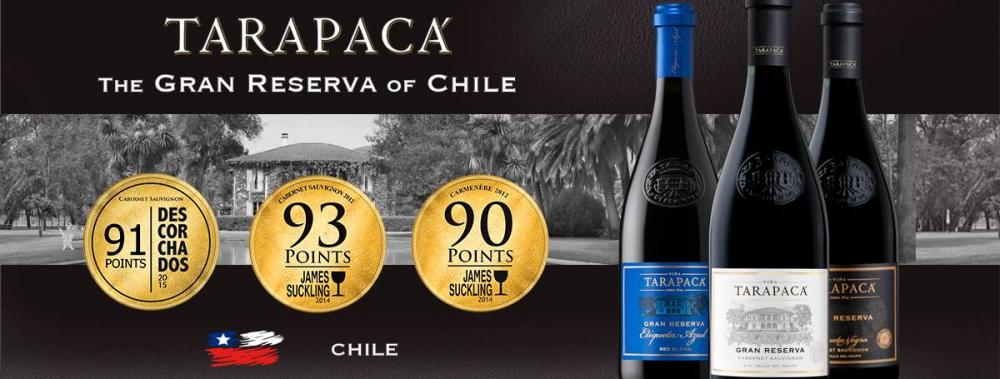
TARAPACA – GIÁ TRỊ TRUYỀN THỐNG VÀ LỊCH SỬ CỦA CHILE
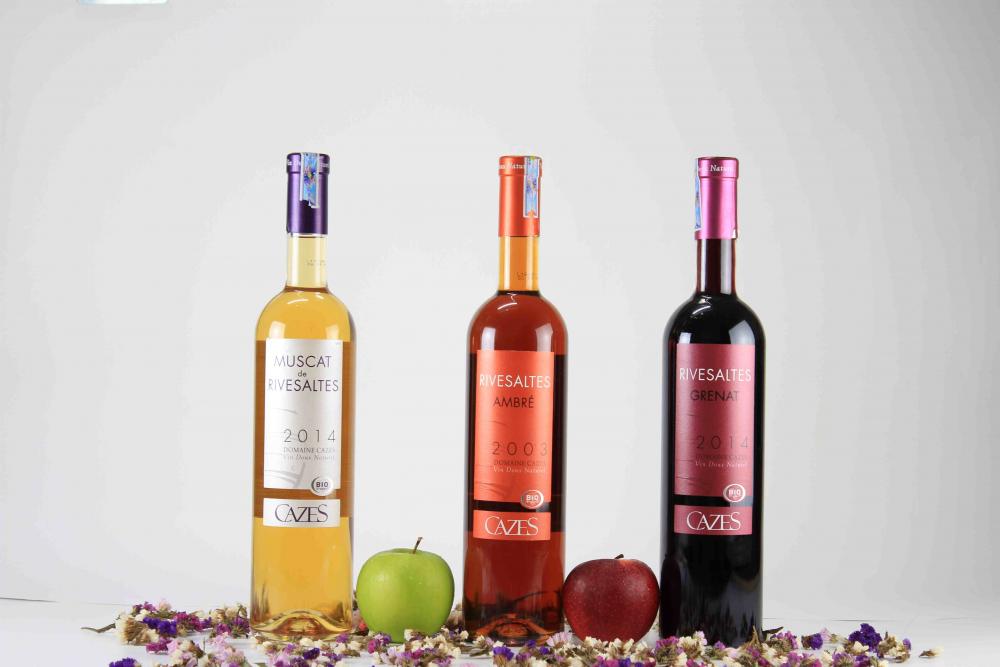
Rượu vang organic có đang là xu hướng của thế giới?
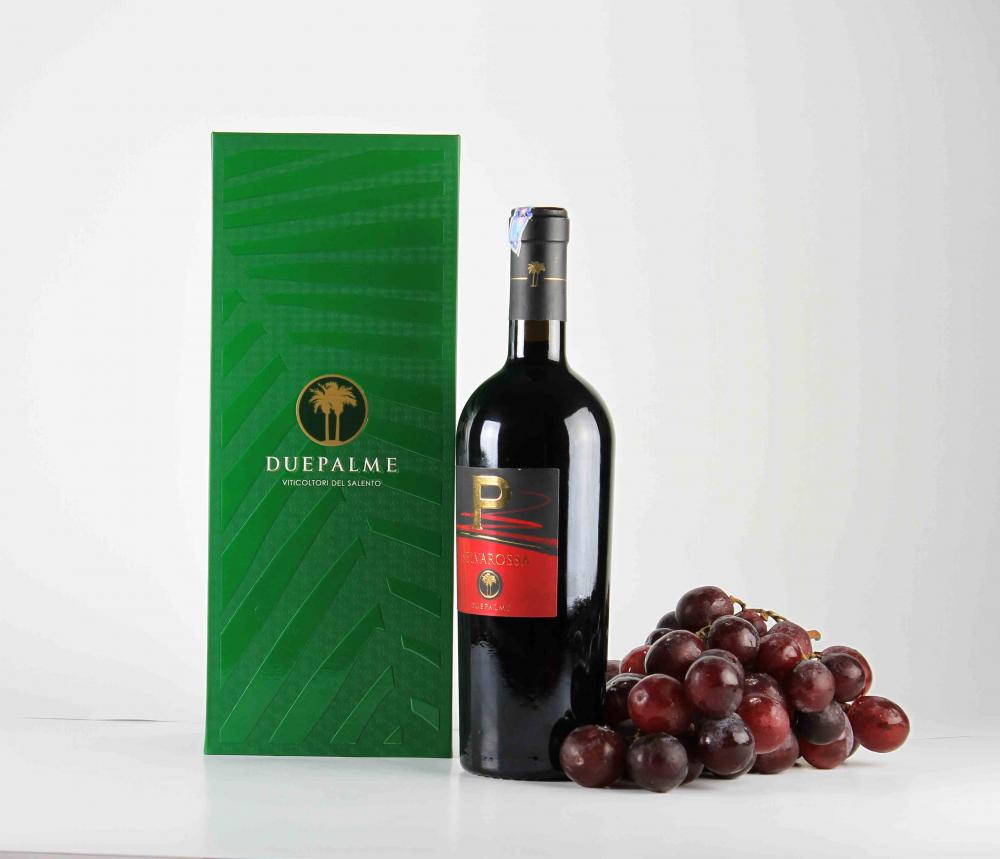
Những món quà rượu vang độc đáo cho dịp Tết
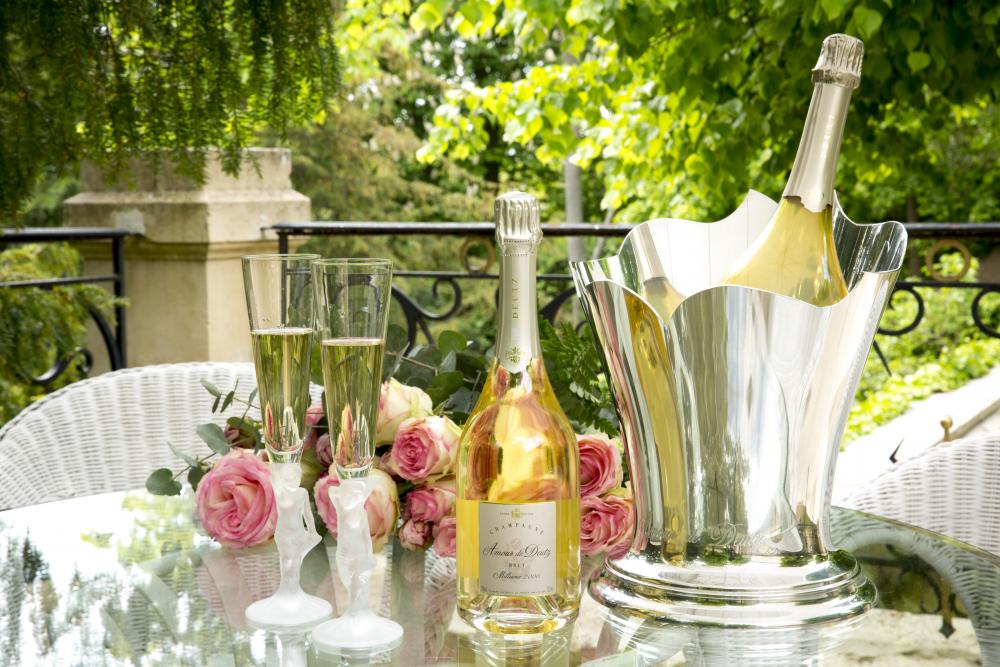
TẠI SAO CHAMPAGNE LẠI ĐẮT ĐỎ ĐẾN VẬY

Rượu vang Bordeaux – Chuẩn mực của sự so sánh

Delas – Rhone Valley xứ sở của Syrah

Sự Kết hợp tuyệt vời của Rượu Vang Và Ẩm thực Việt

Wine Gift Advice

Wine and Passion (Part 1)

Wine Variety

Wine and alcohol

